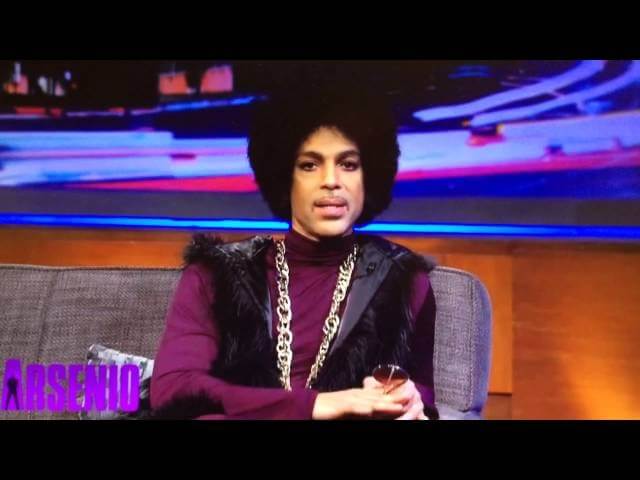Read This: Prince’s relationship with the internet was surprisingly complex

Prince, whose death on Thursday at age 57 stunned the music world, had a notoriously strained relationship with the internet in his later years. Most fans will remember one particular comment, made during a 2010 Daily Mirror interview: “The internet’s completely over.” During that same interview, Prince also declared that “all these computers and digital gadgets are no good.” His royal badness certainly did his best to keep his music off iTunes and Spotify. But, in an editorial for The Daily Dot titled “Prince’s Complicated Relationship With The Internet,” Gillian Branstetter suggests that Prince’s well-publicized aversion to the net was less about being a Luddite and more about exercising control over his music and career. “I don’t see why I should give my new music to iTunes or anyone else,” the musician once said. “They won’t pay me an advance for it and then they get angry when they can’t get it.” Instead, like Taylor Swift, Prince opted for Tidal, the streaming service founded by Jay Z. The idea, Branstetter says, was not to keep his music away from fans but to control how it gets to them and who profits from it.
Things were not always so icy between Prince and the internet, the article points out. He even won a Webby Lifetime Achievement Award in 2006 for his NPG Music Club, a service through which subscribers could get exclusive content. And Branstetter describes Prince’s 1994 CD-ROM Interactive as being “decades ahead of its time.” But there were darker times, too, as when he sued 22 fans for $22 million for, in his opinion, illegally sharing recordings of his live concerts. His litigious nature and penchant for take-down notices also earned him a Lifetime Aggrievement Award from the Electronic Frontier Foundation for his efforts in “silencing speech.” Branstetter does not condone any of this, but the editorial is largely sympathetic to Prince, who was a fierce combatant in what the article deems a “fight” between artists and the music industry that “will likely end up redefining how you listen to and pay for music.”